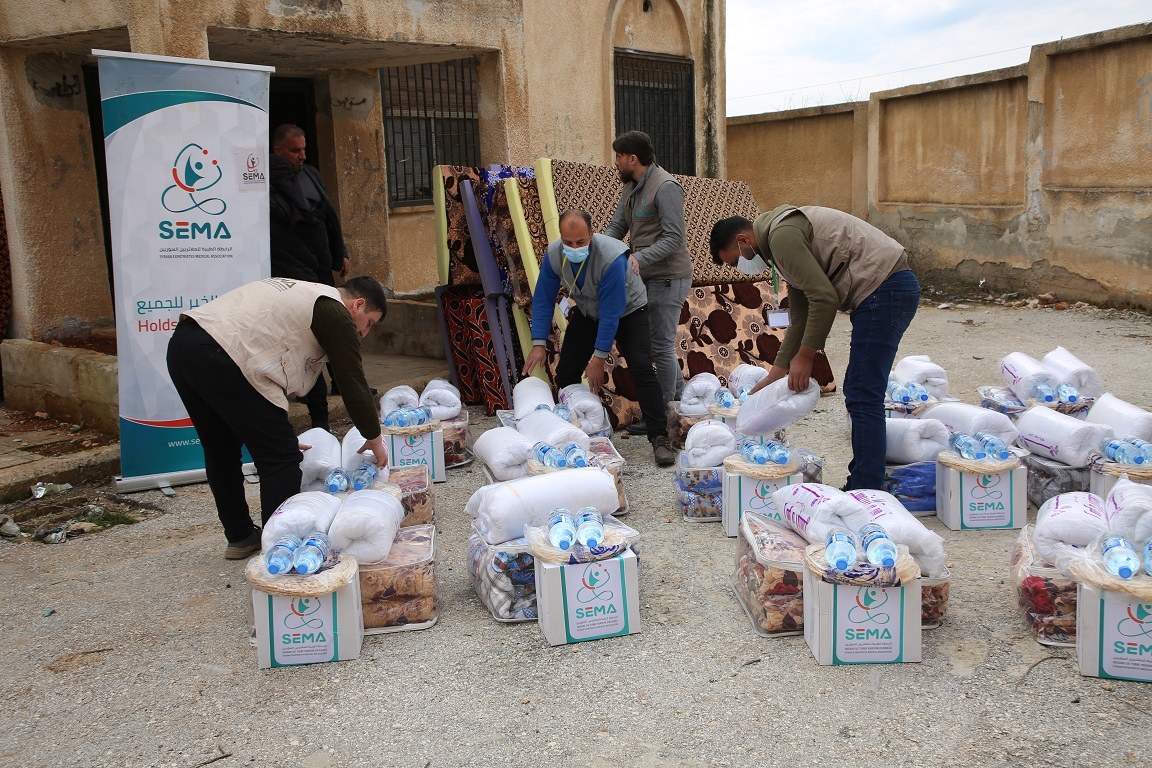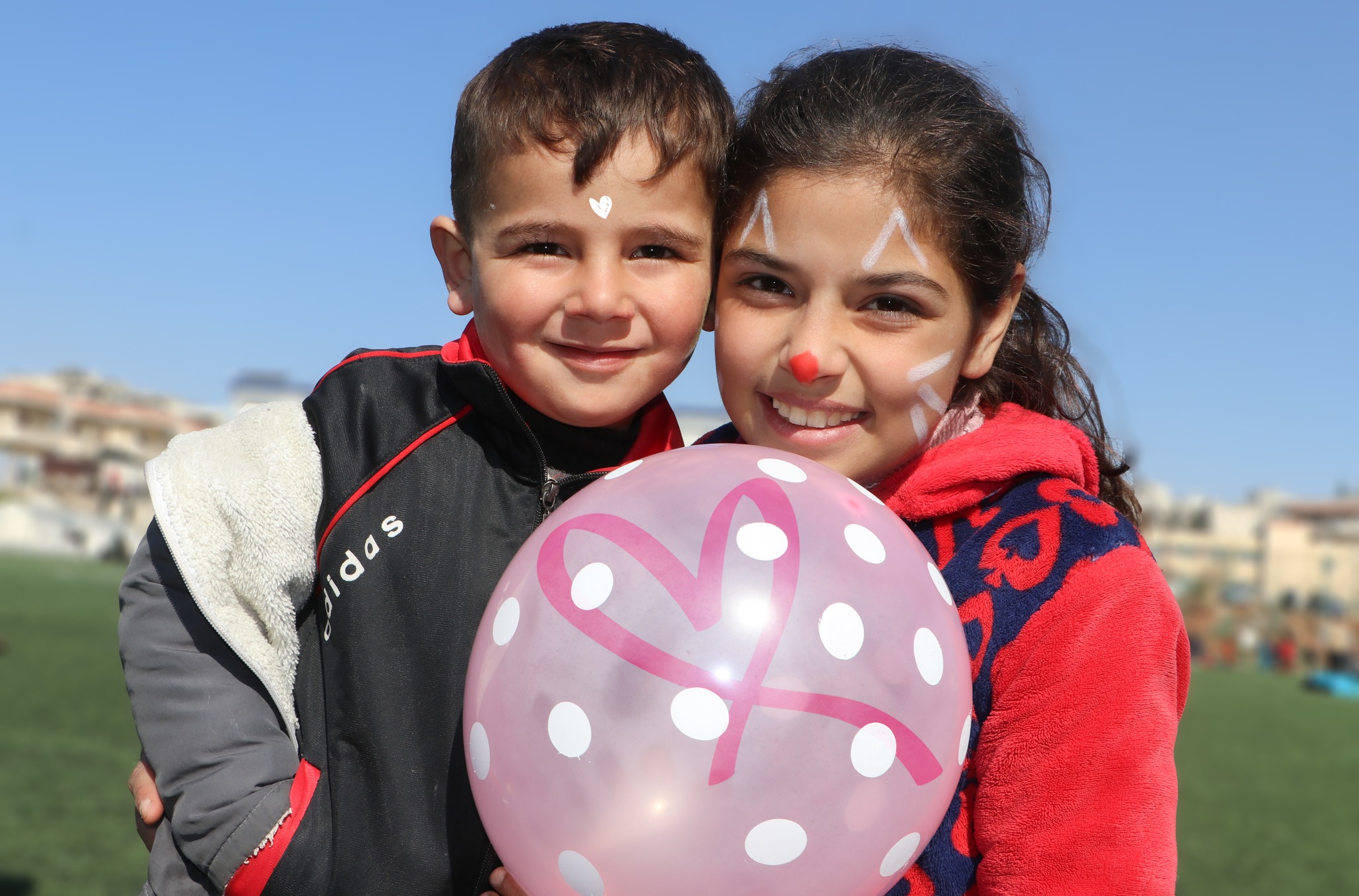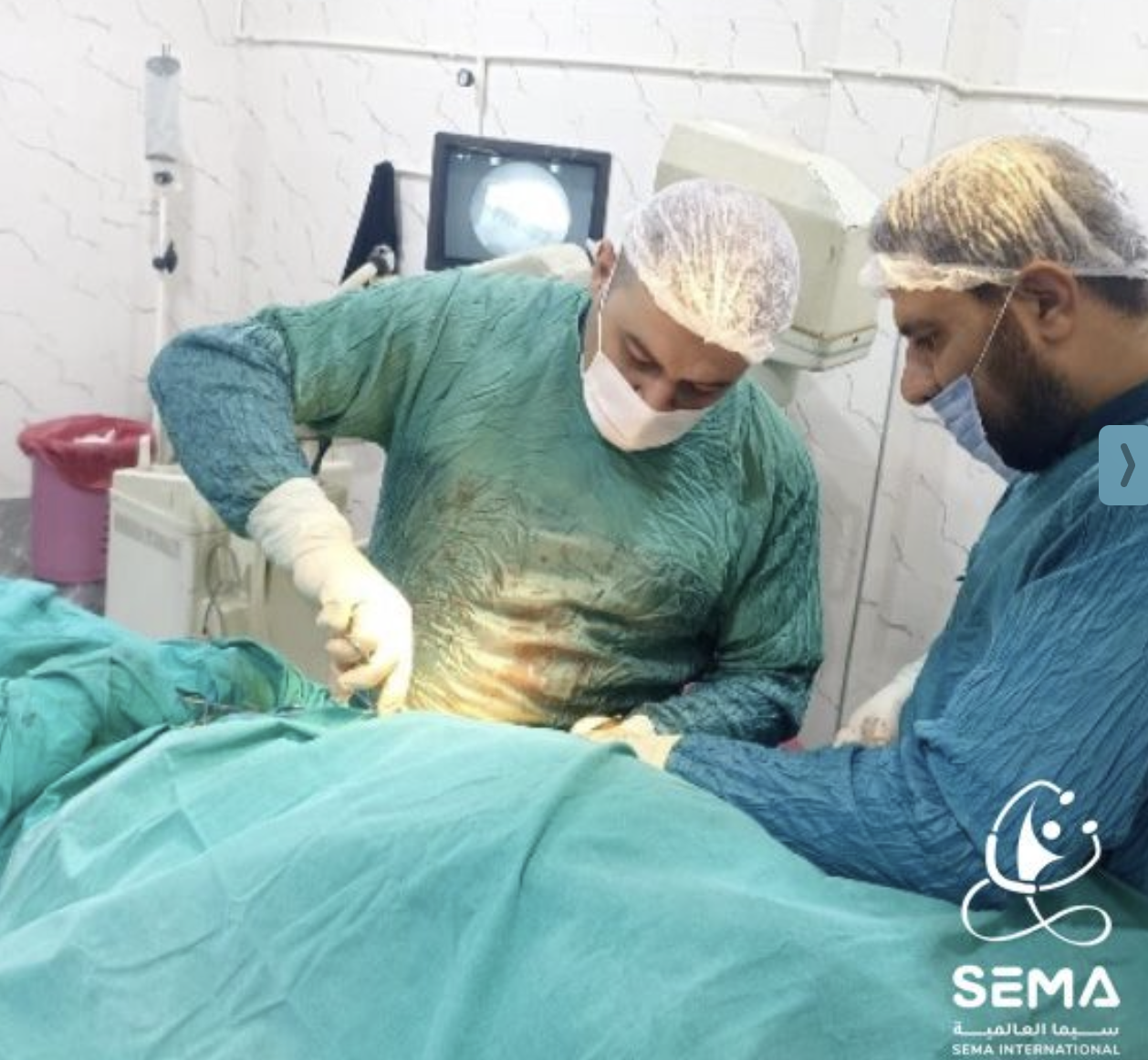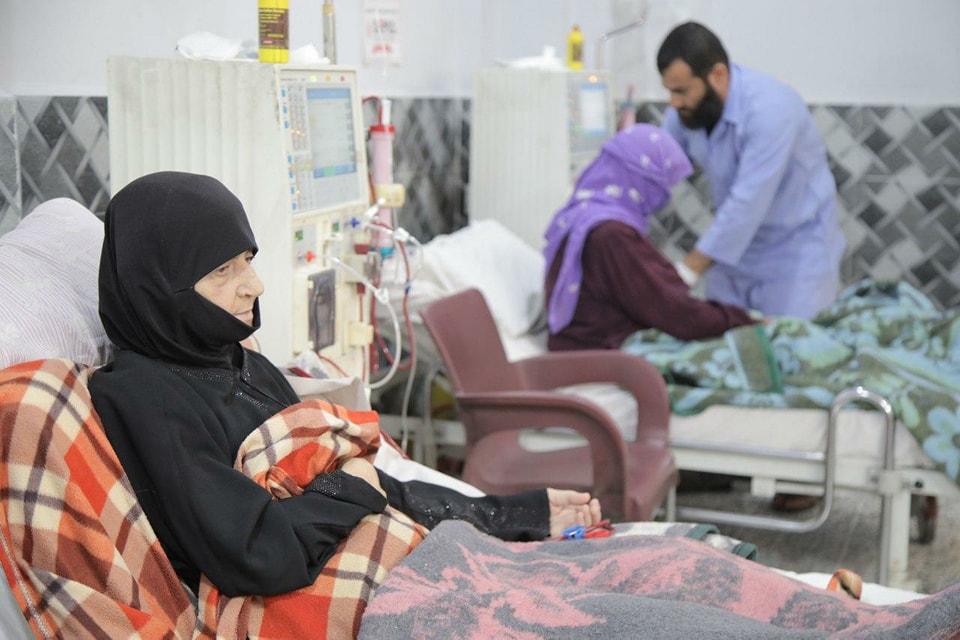Different Types of Charity holds a central place in Islam, serving as a means of purifying wealth, helping those in need, and strengthening communities. However, charity in Islam comes in different forms, each with its own rules and significance. The three primary types are Sadaqah, Lillah, and Zakat. Understanding these different forms of giving can help Muslims fulfill their religious duties while maximizing the impact of their donations.
What is Sadaqah?
Definition of Sadaqah:
Earns continuous rewards when given as Sadaqah Jariyah of Allah without any obligation. It can be in the form of money, food, clothing, or even simple acts of kindness, such as a smile or helping someone in need.
Sadaqah can be given to:
The poor and needy.
Family members, friends, and strangers.
Charitable causes like building schools, hospitals, or providing relief aid.
Benefits of Sadaqah:
Protects from calamities and illnesses.
Increases barakah (blessings) in wealth.
Earns continuous rewards when given as Sadaqah Jariyah (ongoing charity).

What is Lillah Donation?
Definition of Lillah
Lillah means “for Allah” and refers to voluntary donations given purely for the sake of Allah, usually for religious and charitable purposes. Unlike Zakat, it has no fixed percentage and can be given at any time.
How is Lillah Different from Sadaqah?
Lillah is often given to Islamic institutions such as mosques, religious schools, or organizations dedicated to community welfare.
It is usually not given directly to individuals, unlike Sadaqah, which can be given to anyone in need.
Examples of Lillah Donations:
Donating to build a mosque, Islamic center, or madrasa.
Contributing to Da’wah (spreading Islamic knowledge) efforts.
Funding educational programs for Quranic studies.
Ramadan Charity: Maximizing Rewards in the Blessed Month
Ramadan is the month of generosity, and giving charity during this sacred time carries immense rewards. The Prophet Muhammad ﷺ was known to be most generous during Ramadan, encouraging Muslims to give freely in the spirit of compassion and solidarity.
Best Forms of Charity in Ramadan:
Zakat – Fulfilling the obligatory pillar of Islam.
Sadaqah – Voluntary donations to help the poor.
Iftar Sponsorship – Providing meals for fasting individuals.
Sadaqah Jariyah – Ongoing charity, such as building wells or supporting education.
Zakatul Fitr – A required donation before Eid to help the needy celebrate.
During the last ten nights of Ramadan, especially on Laylatul Qadr, charity is multiplied in reward, making it one of the best times to give. Whether through direct financial assistance or community initiatives, Ramadan charity brings barakah (blessings) and helps those in need.
What is Zakat?
The last ten nights are also special because they are a time for I’tikaf, where Muslims dedicate themselves entirely to worship in the mosque.
Definition of Zakat
Zakat is a compulsory form of charity that every eligible Muslim must give. It is one of the Five Pillars of Islam and must be given once a year if a person’s wealth exceeds the Nisab (minimum threshold).
How Much Zakat Should Be Given?
The standard Zakat rate is:
2.5% of wealth, including savings, gold, silver, business income, and investments.
Who Can Receive Zakat?
According to the Quran (Surah At-Tawbah 9:60), Zakat can only be given to:
The poor and needy.
Those in debt.
Travelers in difficulty.
New Muslims in need of financial support.
Those working to collect and distribute Zakat.
Those fighting in the path of Allah (e.g., humanitarian aid in war-torn regions).
Why is Zakat Important?
Purifies wealth and increases its blessings.
Bridges the gap between the rich and the poor.
Fulfills an Islamic obligation and earns great rewards.
How SEMA Can Help You with Donating Your Charity
SEMA is playing a vital role in streamlining charitable efforts. By partnering with such entities, you can ensure your donations reach the right people at the right time. SEMA offers tailored programs, enabling you to support causes like providing meals, education, or medical care for those in need.
These services ensure that your contributions make a meaningful impact, helping you maximize your charitable efforts.

FAQ‘s
Can Zakat be given to family members?
Zakat cannot be given to direct dependents (parents, children, spouse), but it can be given to other relatives in need.
Is Sadaqah only in the form of money?
No, Sadaqah can be anything, including food, clothing, a kind word, or even a smile.
What is the difference between Sadaqah and Sadaqah Jariyah?
Sadaqah Jariyah is an ongoing charity that provides continuous rewards, such as building a well or supporting an orphan’s education.
Can Lillah be used for humanitarian aid?
While Lillah is mainly for religious institutions, some organizations may allocate it to humanitarian projects if they align with Islamic principles.
What happens if someone does not pay Zakat?
Zakat is a religious obligation, and failing to pay it without a valid reason is considered a sin. It is also believed that withholding Zakat can bring financial difficulties.
Read More:
- Sadaqah in Islam: The Importance of Charity in Islam
- All About Charity During Ramadan – full guide
- Hope Amid Crisis: The Vital Role of Charity




